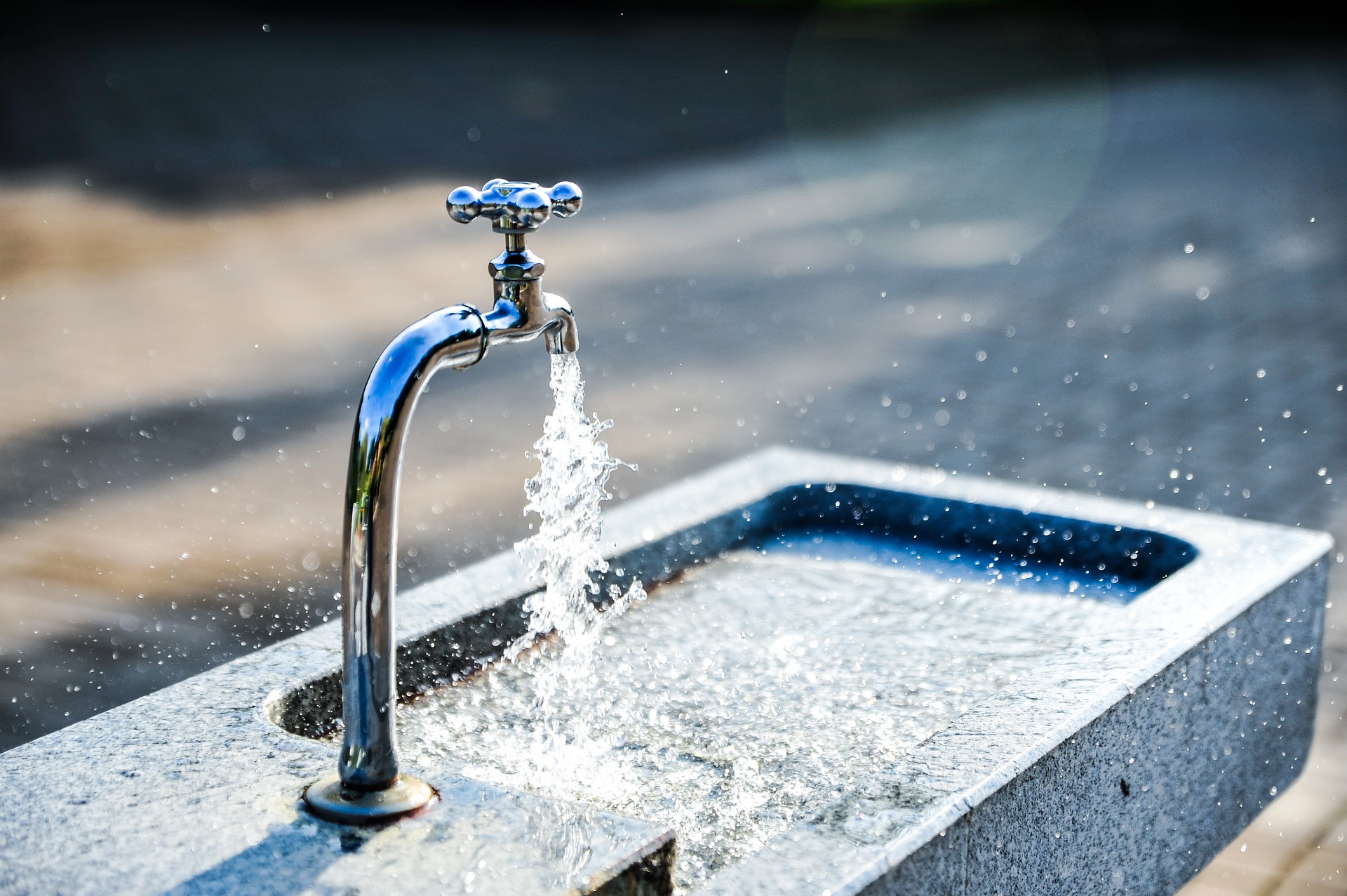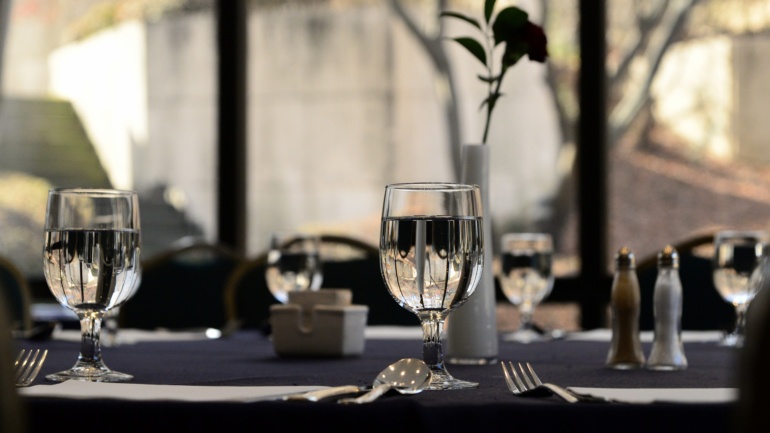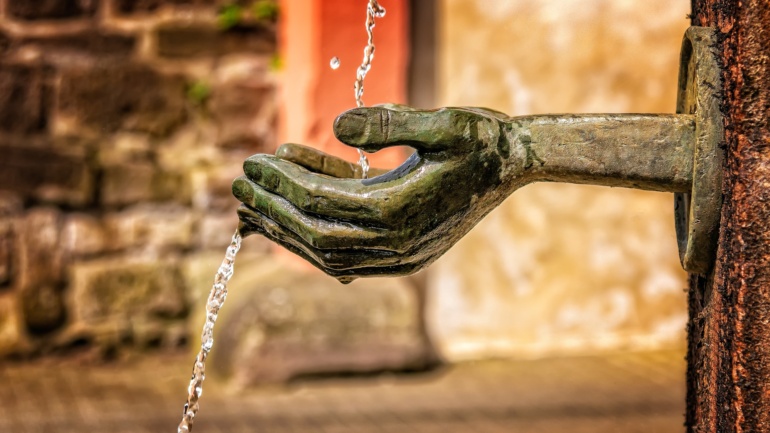Water is an essential resource, but it is not unlimited. India is one of the 17 countries in the world that is facing high water stress. By 2030, it is said that 40% of India’s population will have no access to drinking water. One of the main reasons for this is poor management of water resources. Read on to find out what you can do to help this issue.
1. Turn off taps when unnecessary.
Let’s start simple – you must turn off the tap while brushing, washing dishes, vegetables, your hands or clothes and bathing. For every minute that a faucet is left running, at least 11 litres of water are wasted. An average human takes 2 minutes to brush their teeth, and so, if they leave the tap on, 22 litres will be wasted – at the very least! Washing dishes takes anywhere between 20 and 40 minutes, taking an average of 30 – 330 litres will be wasted if you leave your tap on! Dishes should not be washed with a running tap. This means hundreds litres of water are wasted in a day just because you didn’t close your taps! It’s a very simple step with a great impact, and everyone must implement it in their daily lives, without any exceptions.
2. Run your washing machine or dishwasher only when its full.
On average, a washing machine uses 70 liters of water in one load. Therefore, it is important that one only loads their machine when it is at least two-thirds full. Running loads wherein the machine is only half-full is a huge waste of water. Ideally, people should wash their clothes by hand but that may not be possible. However, in the case of washing dishes, dishwashers and more water-saving than washing by hand. A typical dishwasher uses about 10 liters of water per cycle. Nevertheless, one must only load a dishwasher only when it’s full to save water. Both these appliances use a lot of water, and therefore, it vital that we use them carefully and at the appropriate frequency.
3. Say No to tubs!
An average tub bath wastes 190 litres of water – at the very least! In contrast, for every minute a shower is running, about 9.5 litres of water is wasted. Therefore, a standard 4-minute shower wastes 38 litres of water. This is much less in comparison to a tub bath. It is essential that people take no longer than 4 minutes in the shower to save water and that tubs should never be used. People with tubs should not use them – not even occasionally. Even in hotels, always opt for the alternate option to tubs. If we continue like this, soon, baths will become the occasional event.
4. Water plants early in the morning.
It is vital that plants are watered when their water retention capacity is the highest. The time to water plants is best at dusk or dawn, dawn preferred. The water retention capacity is the best at these times because the Sun is not out yet and the rate of evaporation is less. Therefore, the plant gets more water. It is better to water your plants before sunrise rather than after sunset because, in the morning, the excess water dries by evaporation. However, in the evening, since there is no Sun at dawn, the excess water causes the growth of fungus. The frequency of watering plants depends on the plant and the climatic conditions of your location. Find out how much you should water each of your plants to improve their health.
5. Don’t use a hose to wash your vehicles.
A typical garden hose uses around 38 litres of water per minute. On average, people take anywhere between 30 minutes to an hour to wash their cars. Taking an average of 45 minutes, if a person uses a garden hose, they will waste 1,140 litres of water, just for one car. This is just criminal, in my opinion. An environment-friendly alternative would be to use a wet cloth or sponge to clean the vehicle. This saves hundreds of litres of water. You must clean your vehicles every 2 weeks, at a maximum, unless the vehicle is dirty due to many factors.
I hope that I have been able to convey the importance of saving water and how you can do it in your home through this article. I upload articles like this every Sunday, so, come back next Sunday! Till then, to receive biweekly updates, drop your email below. See you next week 🙂





1 Comment